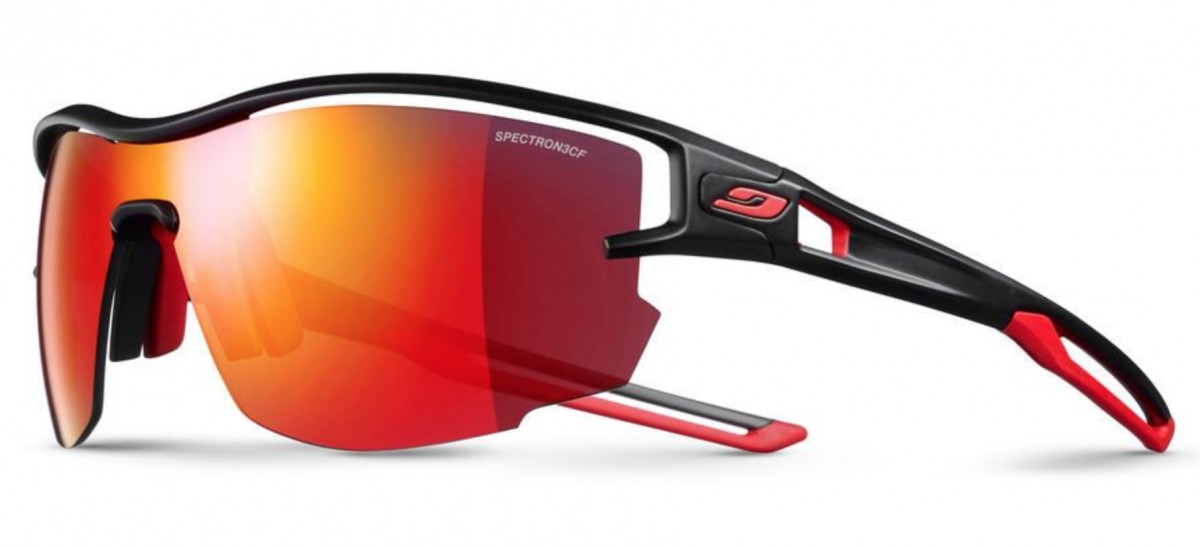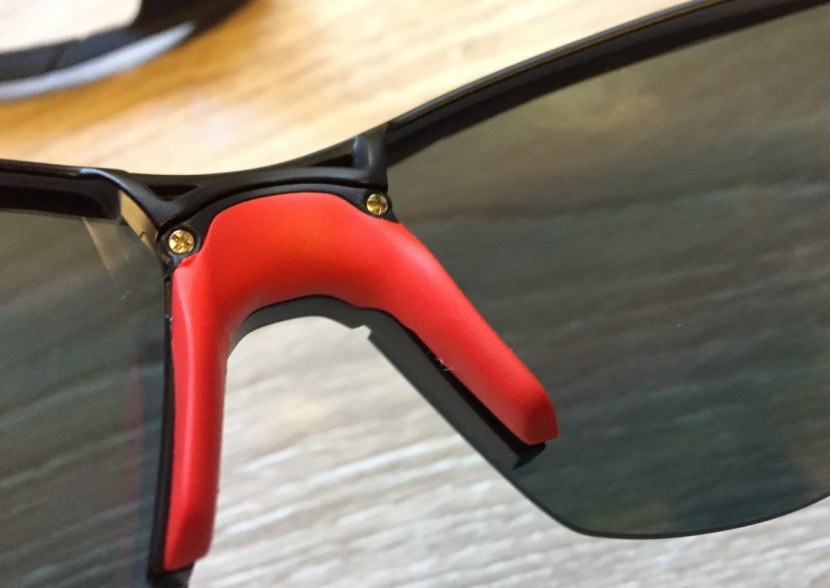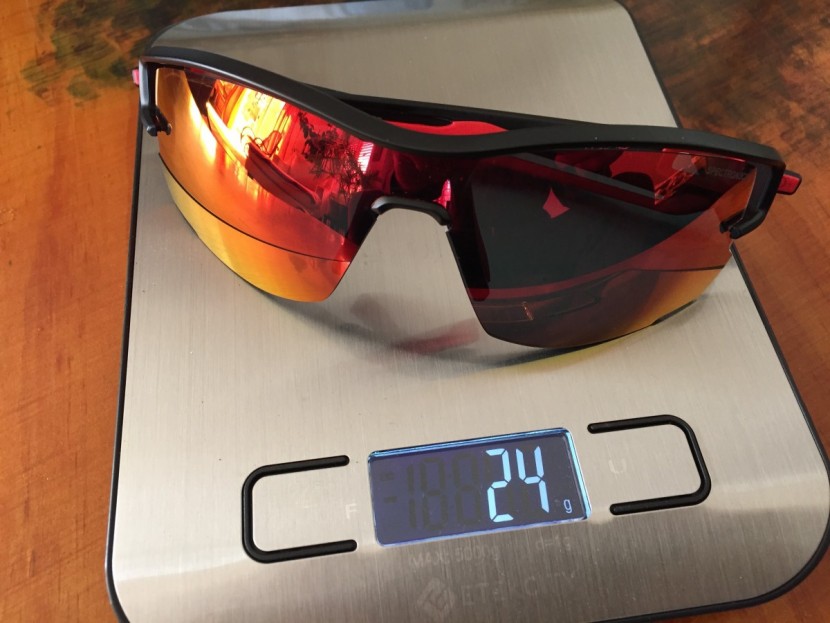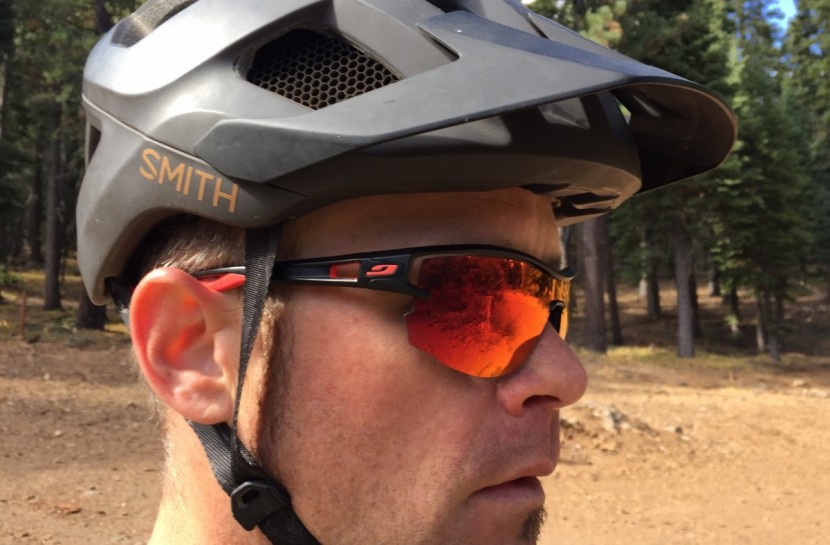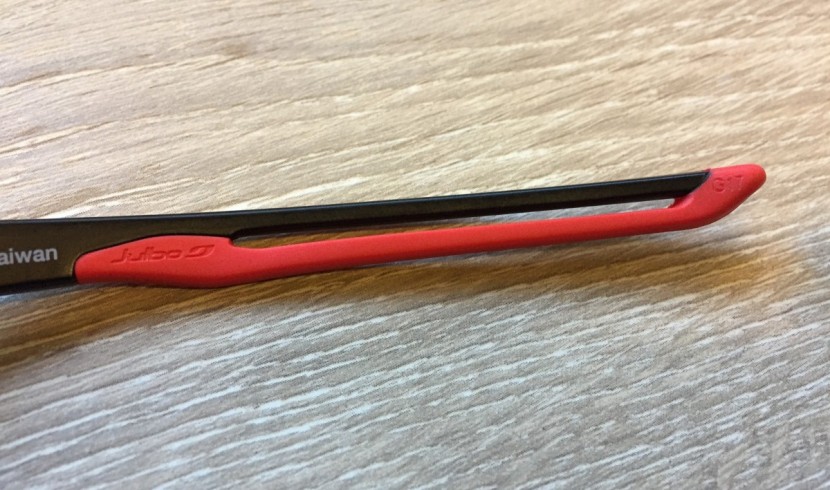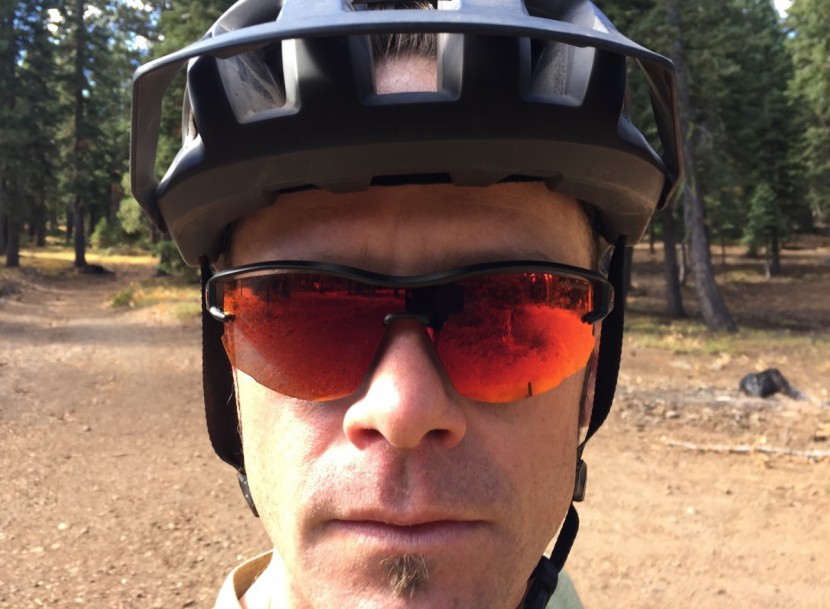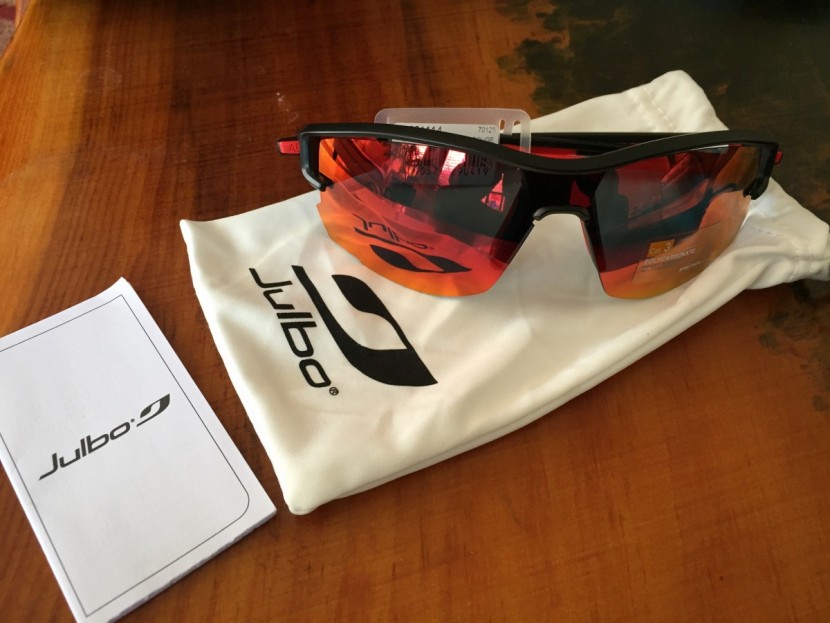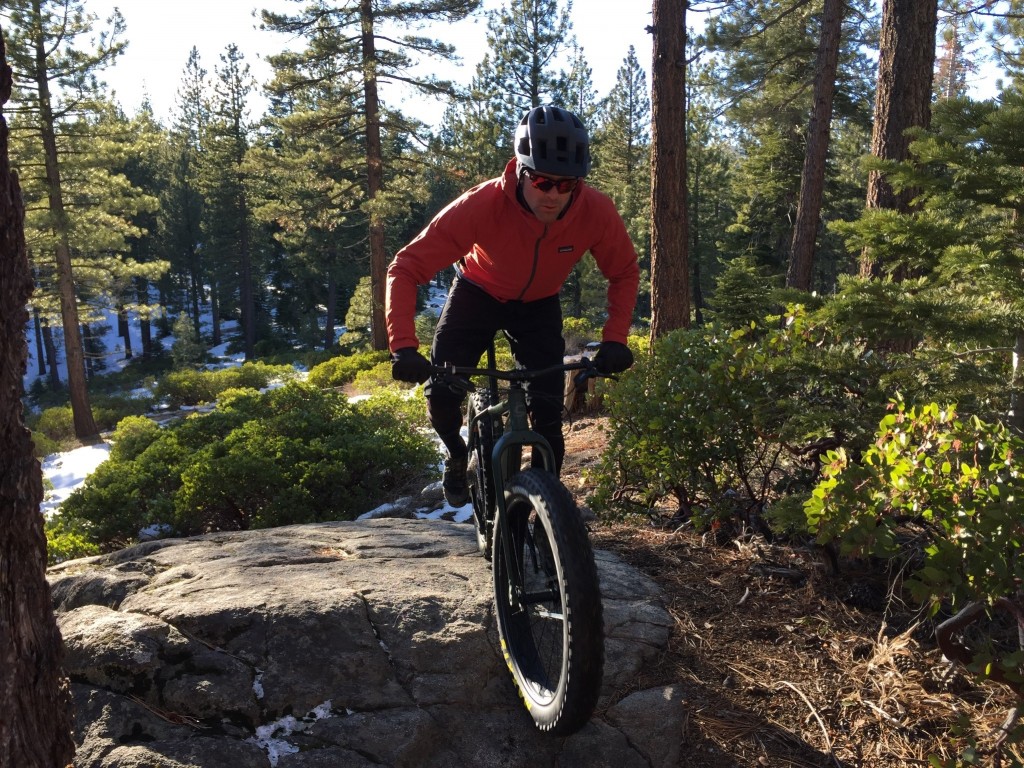Julbo Aero Review
Our Verdict
Compare to Similar Products
 This Product
Julbo Aero | |||||
|---|---|---|---|---|---|
| Awards | Best Value Cycling Sunglasses | Best Performance Sunglasses on a Tight Budget | |||
| Price | $150 List Check Price at Amazon | $69.95 at Backcountry Compare at 3 sellers | $100 List $99.99 at Amazon | $59 List $64.99 at Amazon | $79.95 at REI Compare at 3 sellers |
Overall Score  |
|||||
| Star Rating | |||||
| Bottom Line | Featherlight with good optics although it has less coverage than the competition | These glasses punch above their weight in almost every one of our metrics | A great pair of glasses for your next road ride best suited for bright light conditions | For those ballin' on a budget, this is a high-coverage frame that feels as good as it looks | An inexpensive pair of sunglasses that provide great coverage and protection but a suboptimal fit |
| Rating Categories | Julbo Aero | Tifosi Sledge | Scott Sport Shield | Blenders Eclipse | Tifosi Rail |
| Field Performance (25%) | |||||
| Lens Quality (20%) | |||||
| Fit and Comfort (20%) | |||||
| Coverage (20%) | |||||
| Frame Quality (15%) | |||||
| Specifications | Julbo Aero | Tifosi Sledge | Scott Sport Shield | Blenders Eclipse | Tifosi Rail |
| Fit | Small-medium | Large-extra large | Medium-large | Medium-large | Large-extra large |
| Number of Lenses Included | 1 | 3 | 1 | 1 | 3 |
| Lens Tested | Spectron 3CF | Smoke, clear, AC red | Red chrome | Polarized red and blue mirrored | Clarion blue, AC red, clear |
| Ideal Lens Light Conditions | ater s | Clear: low light Smoke: bright light AC red: medium to bright light |
Bright light | Medium to bright light | Clear: low light Clarion blue: bright light AC red: medium to bright light |
| Visible Light Transmission (VLT) | 12% | Unknown | Unknown | Unknown | Unknown |
| VLT Protection Index | Cat 3 | Unknown | Unknown | Unknown | Unknown |
| Polarized | No | No | No | Yes | No |
| Lens Material | Plastic - polycarbonate | Plastic - polycarbonate | Plastic | Polycarbonate | Polycarbonate |
| Lens Type | Spherical | Cylindrical | Cylindrical | Cylindrical | Cylindrical |
| Neutral/Contrast | Increased contrast | Increased contrast | Neutral | Increased contrast | Increased contrast |
| HEV/Blue Light Protection | Yes | Unknown | Unknown | Unknown | Unknown |
| Protective Coatings | Anti-fog & ripel coating | None | None | None | None |
| Weight | 24 g | 39 g | 33 g | 32 g | 31 g |
| Case Included | Soft cleaning/storage bag | Rigid zippered case and soft cleaning/storage bag | Microfiber cleaning/storage bag | EVA Case, pouch, microfiber cleaning cloth | Rigid zippered case and soft cleaning/storage bag |
Our Analysis and Test Results
Julbo is a lesser-known name in the sunglass industry, but this European brand has been producing sunglasses for over a century. They've been making distinctive mountaineering glasses since the 1950s, and nowadays they make sunglasses for everyone from babies to world-class athletes.
We put the Aero up against a stacked field of some of the best performance eyewear available to see how they would stand up. We took them on mountain bike rides, trail runs, and snowy fat bike rides to see how they perform during different activities and in a range of weather conditions.
Lens Quality
The Aero model we tested came with Julbo's Spectron 3CF lens. This lens has a 12% VLT and comes with a color flash reflective coating on the outside. Julbo recommends them for use in the mountains, around water, and in bright sun. The lenses are polycarbonate with a base six lens curvature.
The spherical lens provides crystal clear optical clarity with no distortion that we noticed during testing. These lenses have the least coverage of all models in the test, but they still offer a very wide field of vision with little frame or lens edge visible. The reflective coating creates a bit of color pop in the right light conditions and appears to be durable as we didn't scratch or damage them during testing.
While the lens of the Aero does appear to be of high quality, testers found the 12% VLT a bit dark for mixed light conditions. When going between bright light and shadows quickly, as you do when mountain biking, this lens proved to be a bit less versatile than other models with VLT's in the 20% range.
In more consistent bright light conditions, this lens was far more at home and served our testers well. The Aero is also offered with Julbo's Reactiv photochromic lens, which reacts to the light conditions and provides a wide VLT percentage range.
Fit and Comfort
The Aero is a comfortable pair of glasses. This is largely due to their impressively light 24-gram weight. You hardly notice that you're wearing them. The 3D Nose Fit nose pad is soft and flexible and can be adjusted side to side and fore and aft to dial in the fit to your preferences. The arms of the frame are long and relatively flexible with a very soft and pliable rubber material that grips impressively well.
Julbo has also engineered a sort of elastomer system with this rubber material on the arms that is intended to help absorb shock and stabilize the glasses. These glasses stay in place very well on your face, even during high-impact activities like trail running. You don't need to readjust them regularly, if at all. Testers had no qualms with the fit and comfort of the Aero.
Coverage
The Aero offers a decent level of eye protection, although it is the least of the performance sunglass models in this test. This is mainly due to the smaller lens size and a shape that doesn't wrap as much as the competition. We measured the lens of the Aero at 130mm wide and 43mm tall, which isn't tiny by any means. It is visibly smaller than the other performance competitors.
A good comparison is the 100% Speedcraft, with 145mm wide and 56mm tall lenses. All of the other performance models we tested have wider and taller lenses, which offer more protection from sun, debris, and wind. The lens shape is also less curved from side to side, which leaves a larger gap between the edge of the lens and your face.
The Julbo lenses provide 100% protection from harmful UV rays, and their 12% VLT lens is well suited to bright light conditions. The polycarbonate Spectron 3CF lens is also impact resistant. The Aero has a suspended lens with a thin gap between the frame to promote air circulation and reduce the likelihood of fogging. This design, coupled with the smaller lenses, results in more air movement around the eyes than any model tested. While this does help to prevent fogging, testers found their eyes were more prone to watering while using these glasses during high-velocity activities (such as mountain or road biking). For these activities, testers preferred the more substantial coverage and increased protection offered by the competition.
Frame
The Aero's frame is lightweight with a unique design that is intended to maximize air circulation. The frame itself has traditional hinged arms and stretches across the top of the lens with a thin gap between the frame and the lens. The frame only makes contact with the single-piece lens in a few spots, and it appears suspended from the sides and the nose piece.
The nose piece holds the lens from both the top and the bottom, and there are notched cutouts on both sides of the lens where a small arm fits in and securely holds the lens in place. This frame design is impressively lightweight, but overall, testers found these glasses to feel a bit less sturdy than their slightly heavier competition.
Julbo used a soft rubber compound for the nose pad and along the end of the arms that effectively grips and holds the glasses in place. They've done a couple of unique things with the rubber on the arms. The rubber extends about half the length of the arms from the middle back and parallels the thin frame with a gap in between. The rubber is super soft and pliable and easily and comfortably conforms to shapes.
Julbo has also incorporated some of the rubber material into the hinge of the arms, which may work like an elastomer and absorb some shock from impacts. The rubber nose pad is attached to the plastic nose piece with two small screws at the bridge. The wings of the nose pad extend down from the bridge of the nose and are adjustable both side to side and fore and aft.
Field Performance
The Aero's smaller lens and lightweight frame performed remarkably well in the field, but our testers still had some slight issues with these glasses. Their light weight and quality fit meant that we had no issues with these glasses sticking in place during runs or mountain bike rides. They don't slide down or bounce on your face with jarring movement.
Our main issue with their field performance came from the lens. This model doesn't provide nearly as much coverage or wind protection at high speeds as some of our favorite models in the test. Testers had issues with wind interference when descending on road and mountain bikes that occasionally led to watering eyes and disrupted vision. On the flip side, however, the open and airy design means that you'll likely never have issues with lens fogging with this model. For lower-speed activities, this is a big plus.
Style
The Aero has distinctive, sporty, and dare we say European styling. They've got a flashy orange-red reflective lens that is suspended in the lightweight frame, giving them a more technical look than some of the competition. It depends who you ask, but according to our lead tester they scream, “I am a runner.”
Case Quality
The Aero is one of the only models of performance sunglasses we tested that didn't come with a case. Instead, they only come with a relatively standard microfiber bag for storage and cleaning the lenses. This bag works as intended, though it offers very little in the way of protection for the glasses when not in use. If a storage case is a must to protect your sunglass purchase, then we suggest looking elsewhere. Or, purchase an aftermarket option with the money you saved by choosing the Aero over the more expensive competition.
Value
The Aero is moderately priced in our selection of cycling sunglasses. At their retail price, they are a good value. That said, we tested cheaper options that offer more bang for your buck, and due to the smaller coverage and consequent reduction in wind protection testers feel they might not work for everyone or every application.
Conclusion
The Aero is a quality cycling sunglass offered at a relatively reasonable price. These lightweight glasses are very comfortable and stay in place on your face impressively well. They've got clear, distortion-free optics and a fairly wide field of vision. Due to the smaller size of the lens and their high degree of ventilation, we can't recommend them over many of the high-coverage models we tested, but if ventilation is a priority and you're looking for a medium coverage sunglass, we think the Aero is a good option to consider.


